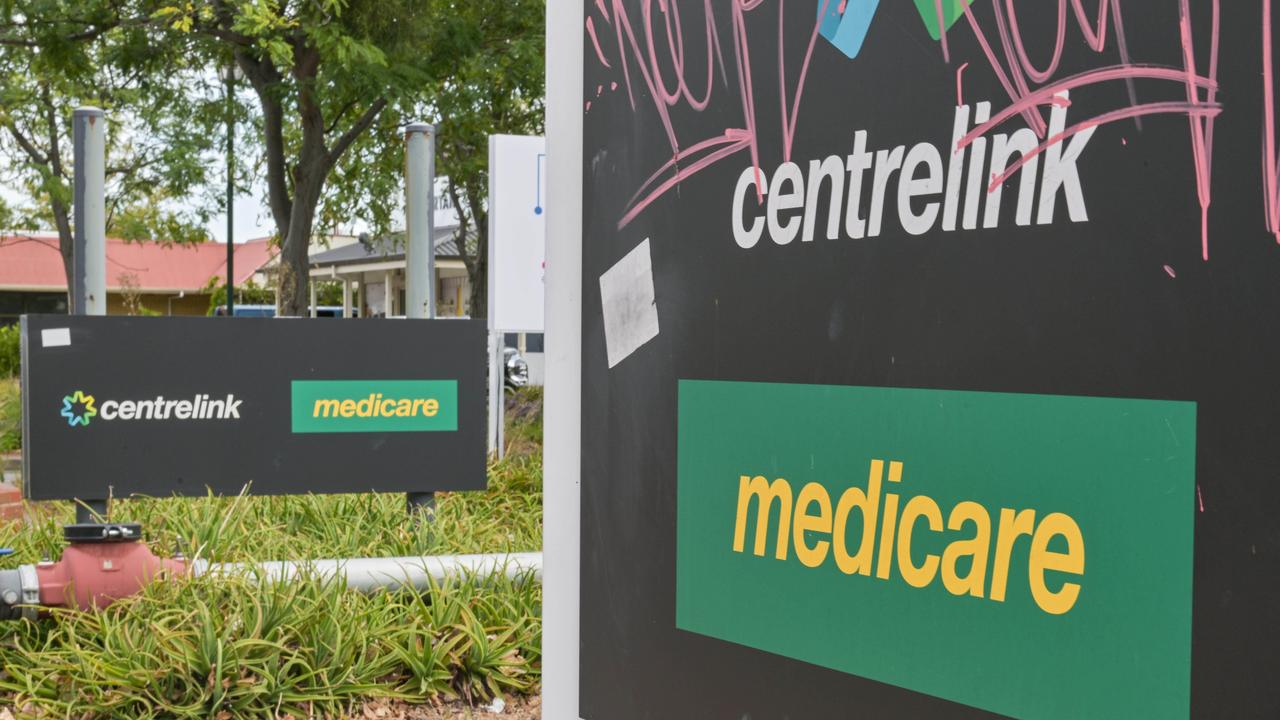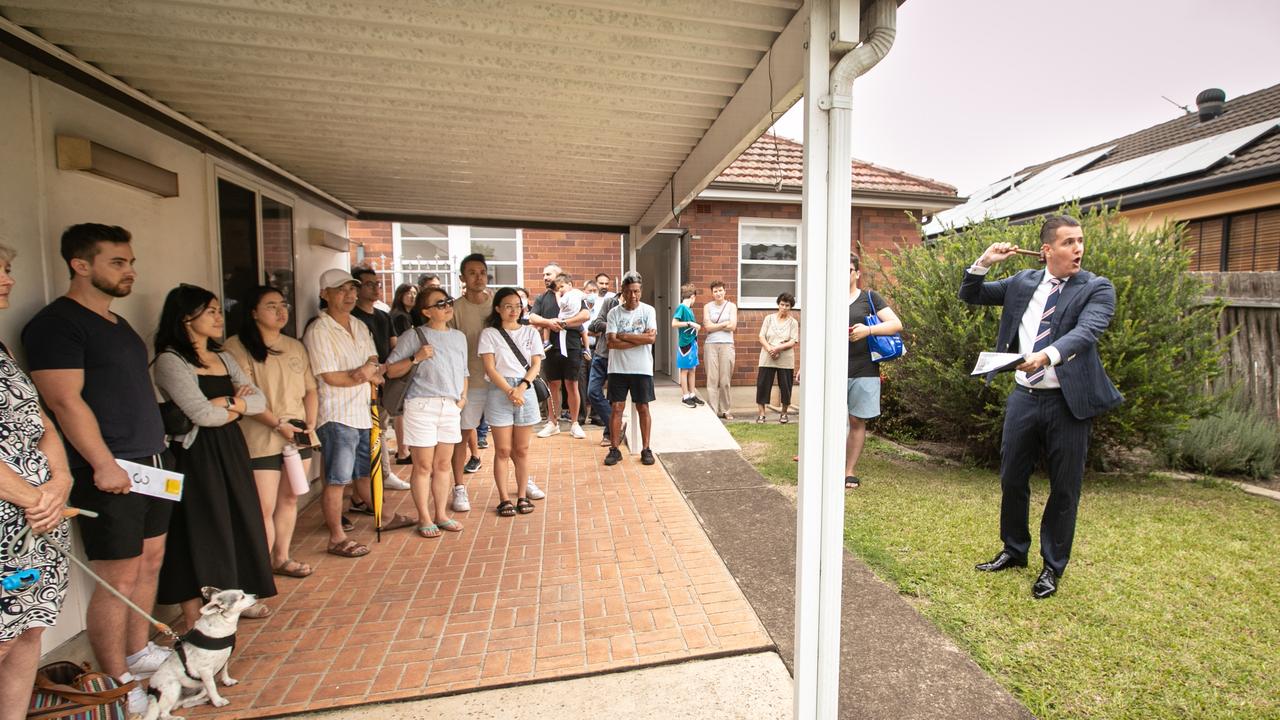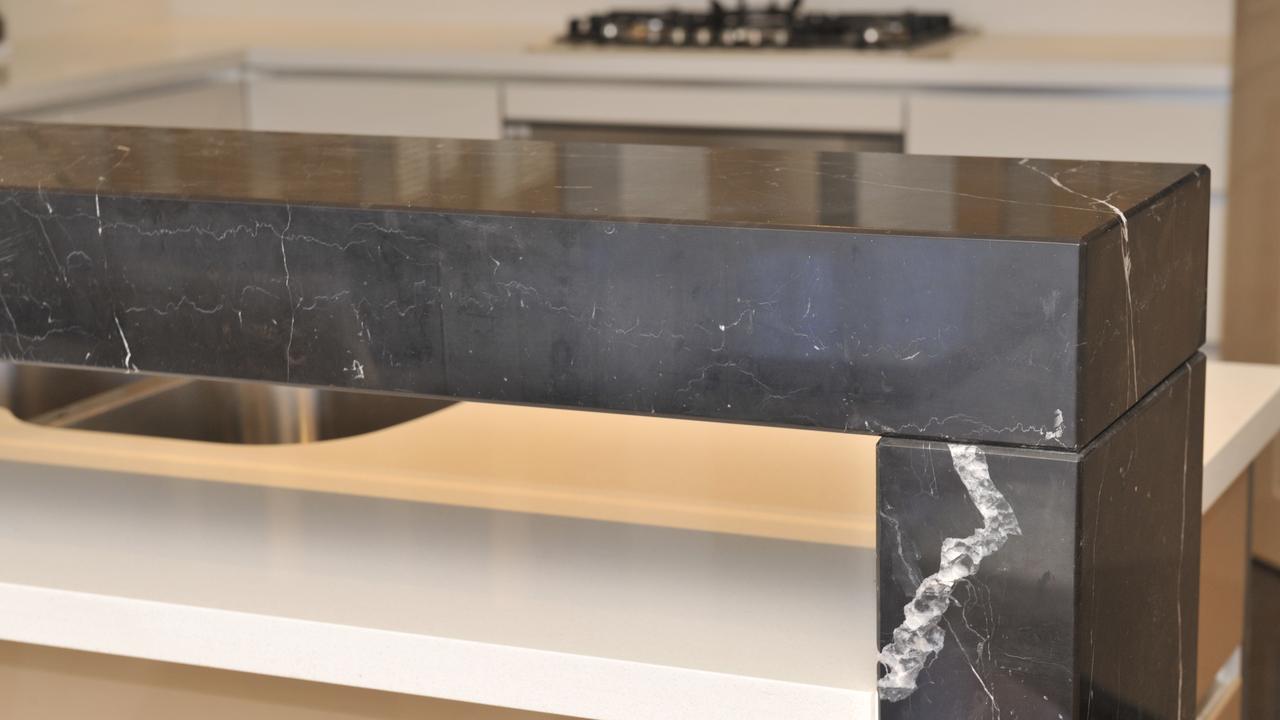Big changes in Australia that start on New Year’s Day 2025
From welfare payments and price increases to new laws and regulations, here are some of the biggest changes.
Economy
Don't miss out on the headlines from Economy. Followed categories will be added to My News.
The new year is here, bringing yet another raft of changes.
From welfare payments and price increases to new laws and regulations, here are some of the biggest changes.
Increased Centrelink payments
Welfare payments for more than one million Australians will increase on January 1.
Various payments are increased every three months in line with the Consumer Price Index CPI), a key measure of household inflation.
A number of income support and supplementary payments will see an increase in the latest round of indexation, including Youth Allowance, Austudy, Youth Disability Support Pension and Carer Allowance.
Youth Allowance recipients will see an increase of anywhere from $15 to $30.60 per fortnight to a maximum rate of $845.80, depending on their family situation. The parental income test threshold for Youth Allowance will also increase by $2555 per annum to $65,189.
For 26,125 people on Austudy payments, the largest increase is $30.60 per fortnight which goes to single parents with children. Single people and those partnered, but without children will get a $24.30 increase.
For more than 600,000 carers, indexation will increase Carer Allowance payments by $5.80, bringing the rate to $159.30 per fortnight.
Changes to the ABSTUDY Living Allowance payment — for Aboriginal and Torres Strait Islander Australians while studying or training — see those studying a Masters or Doctorate get the biggest increase, with a $54 boost to $1285.40 per fortnight.
The rate of the Disability Support Pension for under-21s will increase by $30.10 to $822.60 a fortnight for independents and members of a couple, $23.10 to $631.80 for dependants aged 18 to 20 and $20.80 to $569.60 for dependants aged under 18.

Wage theft penalties
Intentional underpayment of wages by employers will become a criminal offence from January 1.
The new laws are part of the Labor government’s “Closing Loopholes” package, with the federal criminalisation of wage theft the final leg in a series of industrial relations reforms that include the right to disconnect.
The offences will only apply to intentional underpayments that happen after the provisions take effect.
Penalties include up to 10 years in prison and a $1.565 million fine for individuals, and $7.825 million for companies.
Employers will commit an offence if they’re required to pay an amount to an employee, such as wages or superannuation, under the Fair Work Act or an industrial instrument and they intentionally engage in conduct that “results in their failure to pay those amounts … on or before the day they’re due to be paid”, according to the Fair Work Ombudsman.
It does not apply to employers who unintentionally underpay their employees, or pay incorrect amounts by mistake.
Small businesses with fewer than 15 employees won’t be referred for criminal prosecution for underpaying employees if they comply with a voluntary small business wage compliance code.
This code is yet to be finalised.
ATM visibility rules for pokies
Hotels and clubs will be banned from placing ATMs within eyesight of pokie players in NSW.
The gambling harm minimisation reforms affect both ATMs and EFTPOS with cash withdrawal facilities.
Cash dispensing facilities must be located outside of a five-metre radius of any entrance or exit to a gaming area in a hotel or club, and must not be visible from a gaming machine, a gaming room, its entry, or any area where gaming machines are located.
Similarly, a gaming machine or jackpot sign must not be visible from a cash dispensing facility.
Venues which can’t safely comply with the new rules can apply for an exemption from Liquor and Gaming NSW.
An exemption can only be granted if it is not possible to comply with the five-metre radius rule because it would result in the venue contravening the Environmental Planning and Assessment Act 1979 or the Work Health and Safety Act 2011.
The latest reforms come after a crackdown on ATM signage near pokies came into effect on July 1, 2024.
Medicare Safety Net thresholds rise
Medicare Safety Net thresholds are increasing, meaning patients will have to spend more in out-of-pocket costs before qualifying for higher benefits.
The thresholds are set every year on January 1 and increase to keep up with inflation.
The Original Medicare Safety Net (OMSN) threshold will increase from $560.40 to $576.
Gap expenses, or the difference between the Medicare benefit you get and the schedule fee, count towards the OMSN threshold. Once it is reached, Medicare will reimburse you 100 per cent of the schedule fee for out-of-hospital services the rest of the calendar year.
The Extended Medicare Safety Net (EMSN) threshold will increase from $2544.30 to $2615.50.
The EMSN takes into account out-of-pocket expenses, or the difference between the Medicare benefit you get and what your health practitioner charges. Once out-of-pocket expenses exceed the threshold, Medicare will cover up to 80 per cent of any further out-of-pocket expenses for out-of-hospital medical services.
The EMSN threshold for concession card holders and families eligible for Family Tax Benefit A will rise from $811.80 to $834.50.

Foreign investor tax overhaul
Big changes are coming to the Foreign Resident Capital Gains Withholding (FRCGW) scheme that will also affect Australians.
FRCGW is used by the Australian Taxation Office (ATO) to ensure nonresidents pay their tax liabilities when selling property.
But it affects all Australians, since they must obtain a clearance certificate from the ATO to declare they are not a foreign resident for tax purposes.
If the seller does not provide a FRCGW clearance certificate to the buyer at the time of the sale, the buyer is required to withhold a portion of the price and pay it to the ATO.
From January 1, the withheld amount will increase from 12.5 per cent to 15 per cent, and the $750,000 threshold will be removed, meaning the rule now applies to all property sales.
If an amount is withheld from the sale price, the seller will only receive any refund due after their next income tax return is processed at tax time.
If the seller is a foreign resident, they must also lodge a tax return at the end of the financial year declaring their Australian assessable income, including any capital gain from the sale of the asset.
While most clearance certificates are issued within a few days, they can take up to 28 days so the ATO advises all sellers to apply early. The certificates are valid for 12 months, so the vendor does not need to wait until they have signed a contract.
Passport prices to increase
Australia already has the world’s most expensive passport, and the price is set to increase yet again on January 1.
The cost of a 10-year passport increased by 15 per cent, or $52, on July 1 to $398 as part of a one-off revenue-raising measure by the federal government.
That was in addition to the annual indexation which sees passport prices rise in line with inflation at the start of every year.
The government has not yet announced the new prices, but it will likely work out to around $11 more for a 10-year passport.
The price of a five-year passport for children under 16 and an optional five-year passport for over-75s currently stands at $201, so will likely increase by about $6.
Meanwhile, those travelling to one of the most popular destinations for Aussies face a new hurdle from January 8.
The UK is introducing its new digital visa-waiver system, the Electronic Travel Authorisation (ETA), which is similar to the US’ ESTA (Electronic System for Travel Authorization), and Australians must get in line just like everyone else.
Aussies who previously enjoyed visa-free travel to the motherland — like tourists and business travellers visiting for less than six months — will now be required to apply online for an ETA, which costs around $20 (£10).

Fake stone imports banned
Australia is banning the importation of engineered stone starting from January 1.
The ban applies to benchtops, slabs and panels and comes after Australia became the first country in the world to ban the domestic use, supply and manufacture of engineered stone from July 1, 2024.
Engineered stone has been blamed for a rise in silicosis, a lung disease caused by respirable crystalline silica, leading to a number of deaths of tradies as young as 30.
“From the start of next year, it won’t only be illegal to install these products,” Home Affairs Minister Tony Burke said in a statement. “It will be illegal to bring them into the country at all.”
Most engineered stone products are imported into Australia.
Employment and Workplace Relations Minister Murray Watt said the ban would provide an “extra layer of deterrence at the border”.
“No one deserves to have their health compromised due to their working environment,” he said.
“Evidence strongly suggests exposure to respirable crystalline silica when working with engineered stone can lead to silicosis and other serious lung diseases. These illnesses have been devastating and debilitating for Australian workers and their families, and we cannot continue to allow it to happen.”
Mandatory sheep e-tags
All sheep and goats born in Australia from January 1, 2025 must be fitted with electronic identification tags before leaving their property of birth.
The national framework, approved by commonwealth, state and territory agriculture ministers, is aimed at enhancing biosecurity and livestock traceability in the case of disease outbreak.
Victoria first implemented mandatory eID at the start of 2017, but the other states — including NSW, the biggest sheep state in the country — are only now following suit.
From January 1, 2027, the mandatory tags must be fitted to all sheep, regardless of age.
The NSW government announced a discount program in May 2024 making $1 eID tags available to sheep and goat farmers in the state.
— with Ria Pandey
Originally published as Big changes in Australia that start on New Year’s Day 2025








